Computer science has come a long way from bulky machines the size of a room to smartphones. With decreasing size, their computational abilities seem to have increased. There is no cause and effect here. It’s simply that the pioneers of computer science changed the way they thought about machines and what they could do. Today, search engines can learn their users’ preferences and target ads according to them. This is where machine learning comes in.
What is machine learning?
Machine learning is the study and application of computers automatically learning through experience and improving the algorithm without being coded. It’s an attempt to emulate how neural networks in the human brain absorb information, learn and apply that information to solve problems and make decisions.
Artificial intelligence and machine learning developments can captivate even the most disinterested individuals. It’s only because of machine learning that AI has developed the ability to mimic the human ability to learn, process data, and find relevant insights and patterns in it.
So, suppose you’re looking to expand your horizons. In that case, machine learning is one of the best certification courses for computer science engineers or candidates from other technical backgrounds who want to strengthen their grasp of computational technologies and information systems.
How did machine learning start?
Arthur Samuel penned the term in 1959. It was synonymous with ‘self-teaching computers’ at the time. The growing interest in pattern recognition led to much thought to machine learning.
Finally, in 1981 a program was written about techniques that can be used to get a neural network to recognize some 40 characters in the English language from a computer terminal.
After the breakthrough in algorithms in 1981, Alan Turing suggested a new way of thinking about machines in his paper. Rather than wondering if they think, he proposed to ask, can machines do what we do? This functional approach to computation is the basis of most models today.
What is the future of machine learning?
The primary applications of machine learning are in predictions and classification. These simple concepts are the foundation of designing progressively intelligent machines. Internationally, machine learning is expected to grow from $8.43 billion in 2019 to $117.19 billion by 2027.
Machine learning has revolutionized dealing with data and information systems across industries. Learning and predicting is almost a reflexive behavior of many modern applications today.
Machine learning has improved search engines, digital marketing, healthcare, education, and every inch of technology we use in our daily lives.
It’s safe to assume that the growth of machine learning will not stop any time shortly. We are compiling massive data sets every minute, and without the application of machine learning, all this data would be rendered meaningless.
As long as we deal with data and innovate in technology, machine learning will be there, leading us towards an advanced, automated, and more innovative world.




![1000 Girl Attitude Names for Truecaller ID | UPDATED [Included Boys Names] 1000 Attitude Names for Girls on Truecaller](https://edutechbuddy.com/wp-content/uploads/2025/05/ChatGPT-Image-May-21-2025-11_59_39-PM-1-150x150.png)

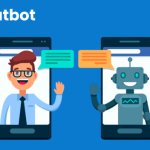
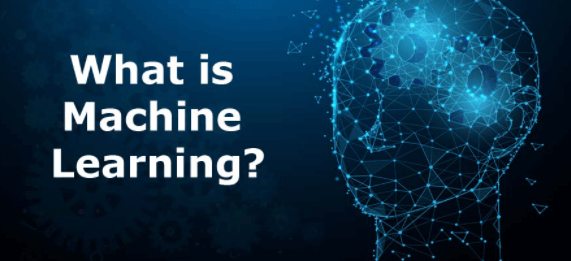
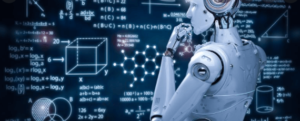
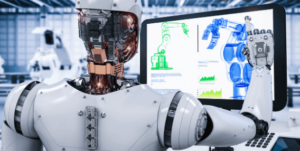
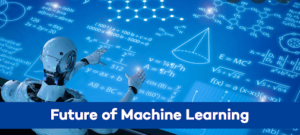



![1000 Girl Attitude Names for Truecaller ID | UPDATED [Included Boys Names] 11 1000 Attitude Names for Girls on Truecaller](https://edutechbuddy.com/wp-content/uploads/2025/05/ChatGPT-Image-May-21-2025-11_59_39-PM-1.png)